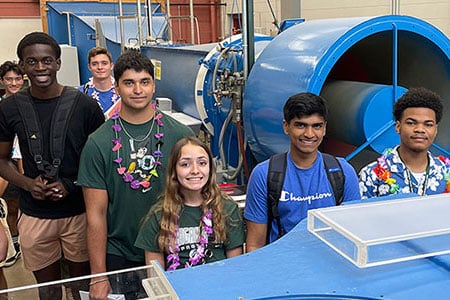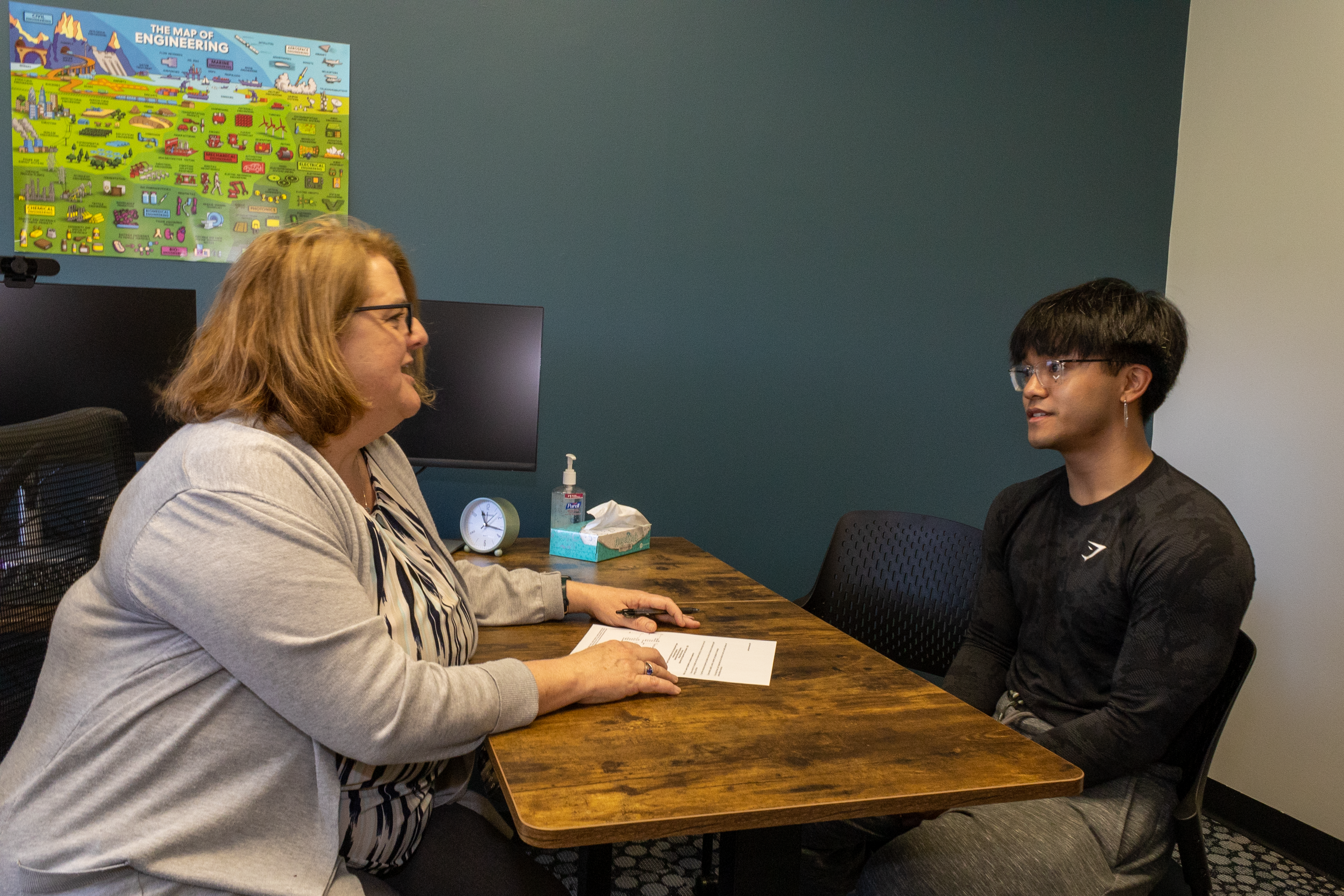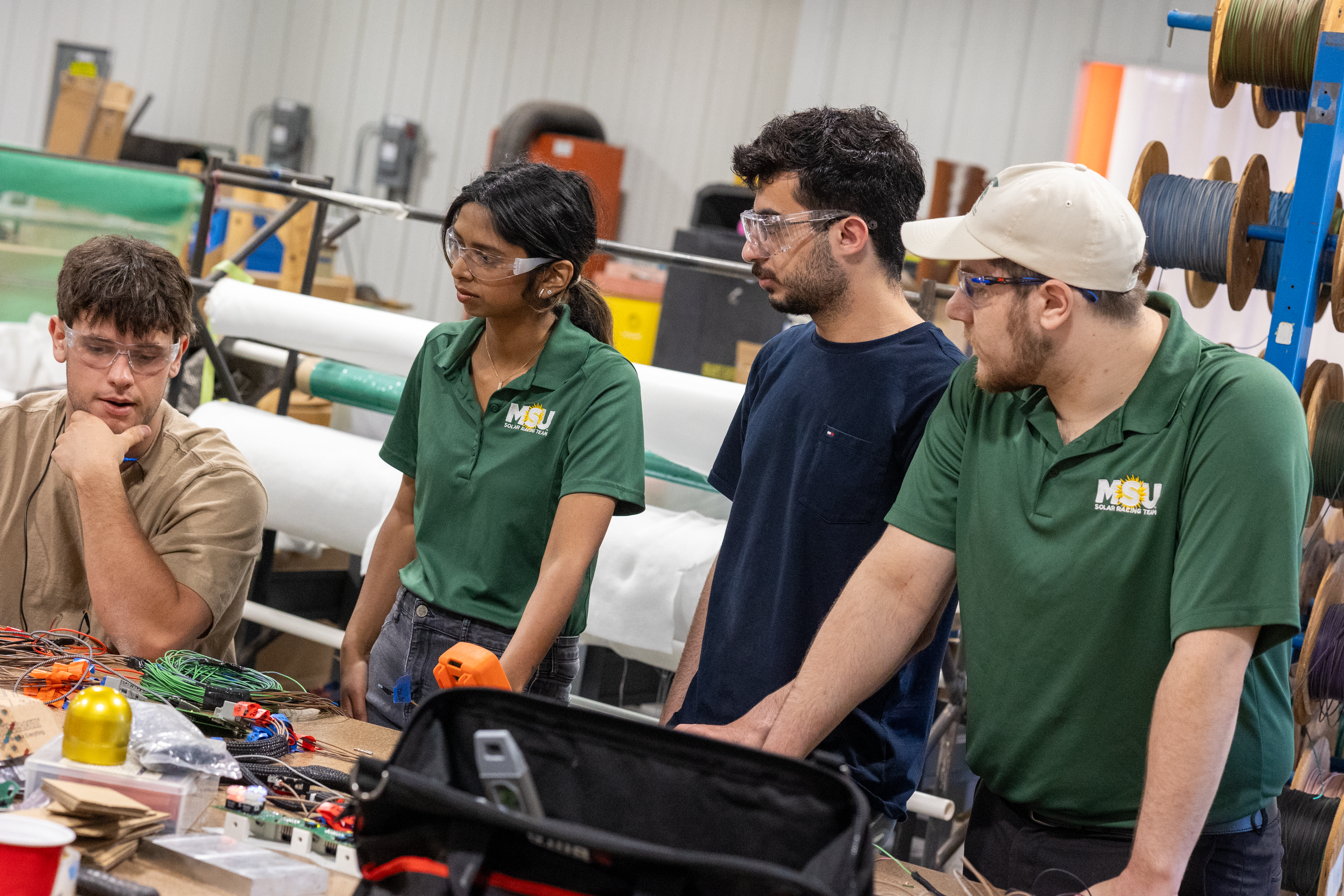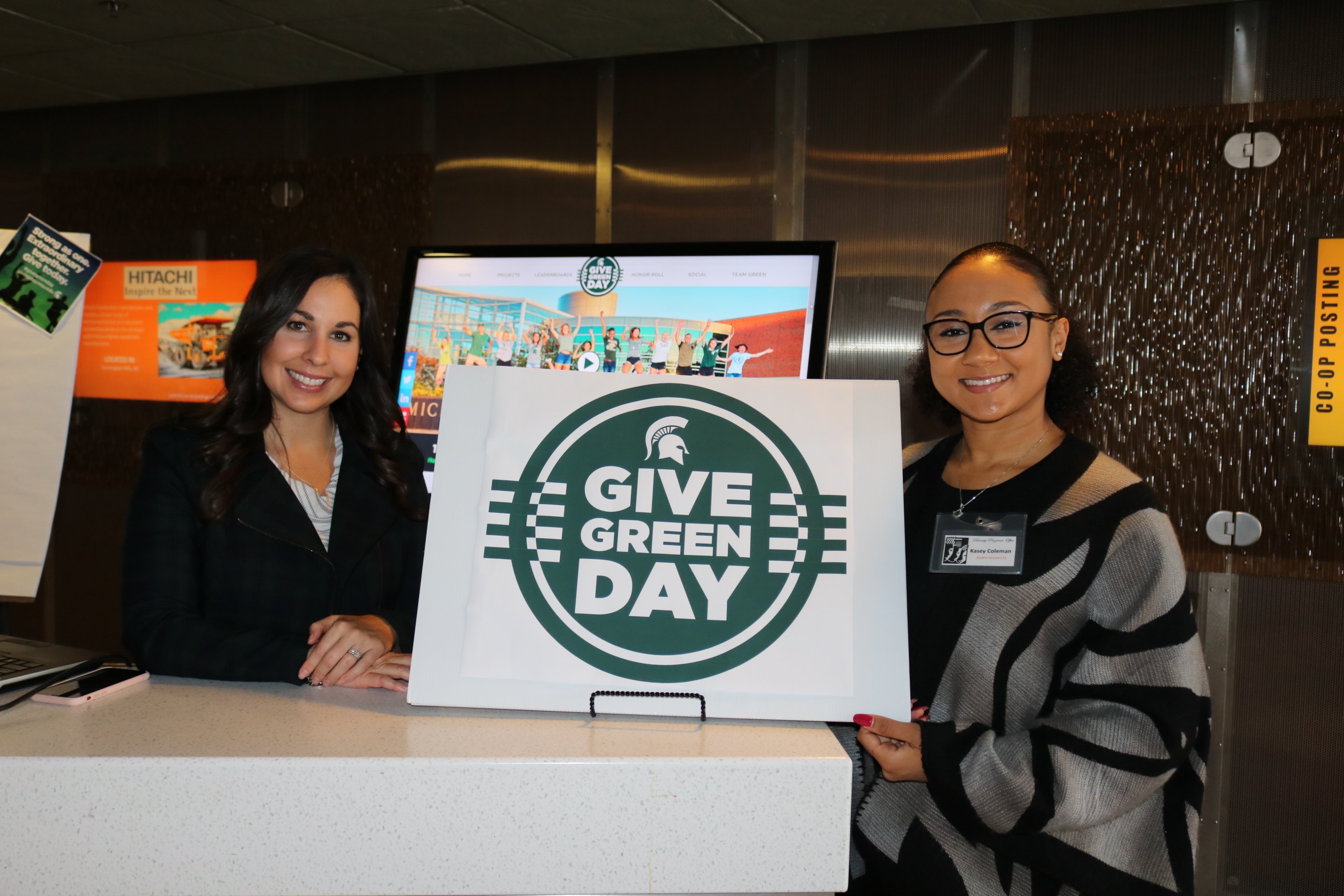Shiqiang “Nick” Zou of Michigan State University has been selected for 2025–27 cohort of Early-Career Research Fellows in the Offshore Energy Safety track of the Gulf Research Program (GRP) of the National Academies of Sciences, Engineering, and Medicine (NASEM).
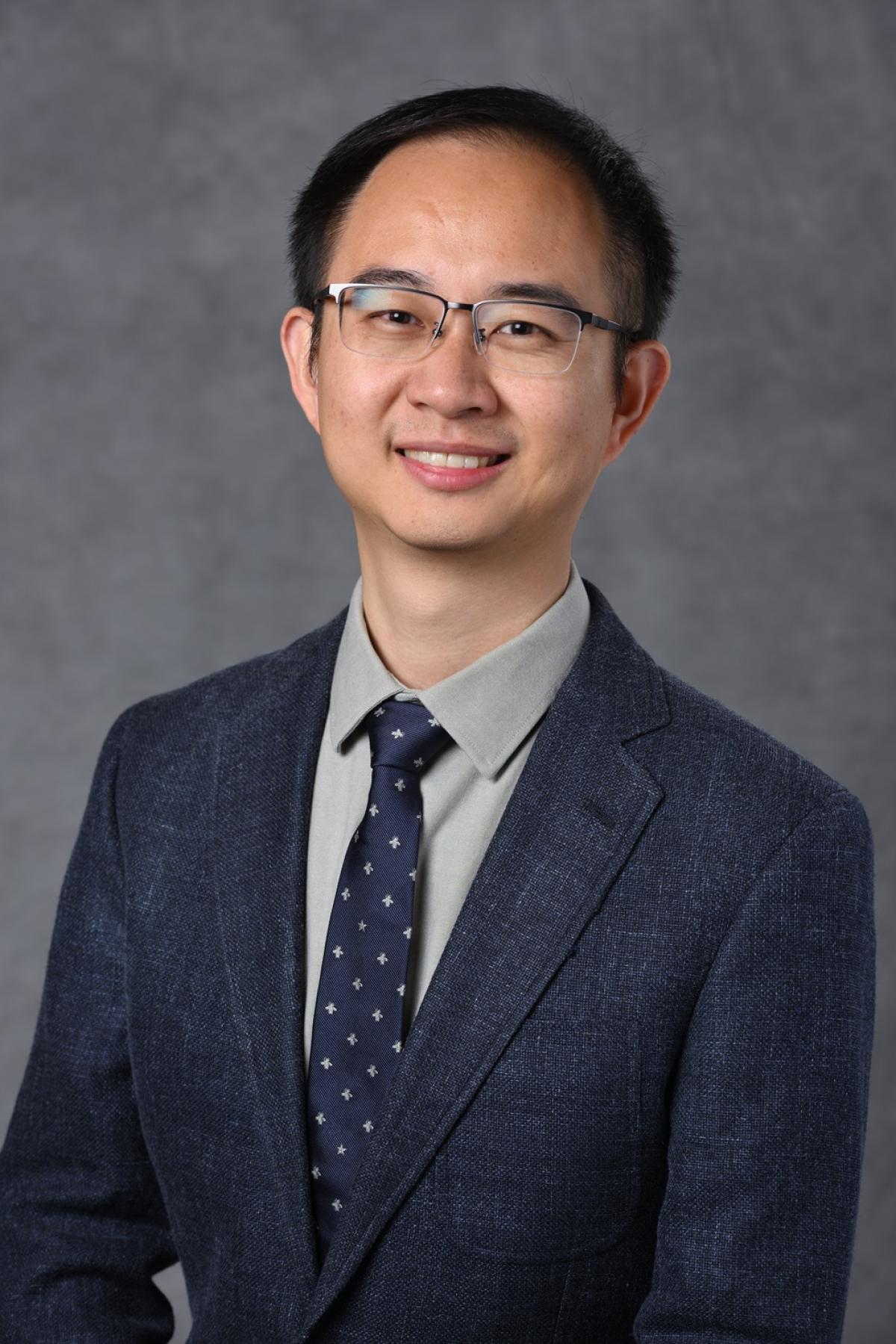
Zou is an assistant professor in the Department of Civil and Environmental Engineering in the College of Engineering.
“Our Early-Career Research Fellows are pursuing innovative and applied research that directly addresses the Gulf region’s most pressing challenges,” said Karena Mothershed, director of GRP’s Board on Gulf Education and Engagement. "Their research not only advances science but also provides real-world benefits for communities and ecosystems across the Gulf."
Zou said he was thrilled to be included among this outstanding group of researchers.
“Being selected as a NASEM Early-Career Research Fellow is a tremendous honor,” said Zou. “This award provides the opportunity to advance electrified water treatment technologies that recover valuable resources from offshore produced water, while reducing environmental and community risks in the Gulf. With this support, I look forward to building new collaborations and advancing solutions that make offshore energy operations safer and more sustainable.
Zou is one of six Fellows to join the Offshore Energy Safety track. The Fellows will contribute to the understanding of the impacts that offshore energy production and transportation activities have on environmental systems and human communities in the Gulf.
“This fellowship is a testament to the quality of Dr. Zou's research, which is providing critical scientific advances and, perhaps more importantly, resulting in real-world benefits that will make offshore energy production and transportation activities safer and more environmentally conscious,” said Peter Savolainen, chair of the Department of Civil and Environmental Engineering. “This exemplifies the global impacts that are being made by our department and talented faculty."
Zou‘s research integrates applied electrochemistry, selective separation, and process engineering to develop energy-efficient, scalable water treatment systems that recover valuable resources from industrial, agricultural, and municipal waste streams.
Zou’s work has been supported by the U.S. Department of Energy’s National Alliance for Water Innovation, U.S. Environmental Protection Agency, U.S. Department of Agriculture, Department of Defense’s Strategic Environmental Research and Development Program, and Alabama Department of Transportation.
He earned an undergraduate degree in environmental engineering from Beijing Institute of Technology in 2011, a master’s degree in environmental engineering from Peking University in 2014, a master’s in chemistry from the National University of Singapore in 2015, and a doctorate in civil engineering from Virginia Polytechnic Institute and State University in 2019. Zou completed his postdoctoral training at Stanford University in 2020, then became an assistant professor at Auburn University in 2021. He joined MSU in 2025.
About the Gulf Research Program
The National Academies’ Gulf Research Program (GRP) is an independent, science-based program founded in 2013 as part of legal settlements with the companies involved in the 2010 Deepwater Horizon disaster. The GRP’s mission is to develop, translate, and apply science to enhance the safety of offshore energy, the environment, and the wellbeing of the people of the Gulf region for generations to come.
About the National Academies of Sciences, Engineering, and Medicine
The National Academies of Sciences, Engineering, and Medicine are private, nonprofit institutions that provide independent, objective analysis and advice to the nation to solve complex problems and inform public policy decisions related to science, engineering, and medicine. They operate under an 1863 congressional charter to the National Academy of Sciences, signed by President Abraham Lincoln.
Written by Judi Melena Smelser
MSU College of Engineering Media and Public Relations page
